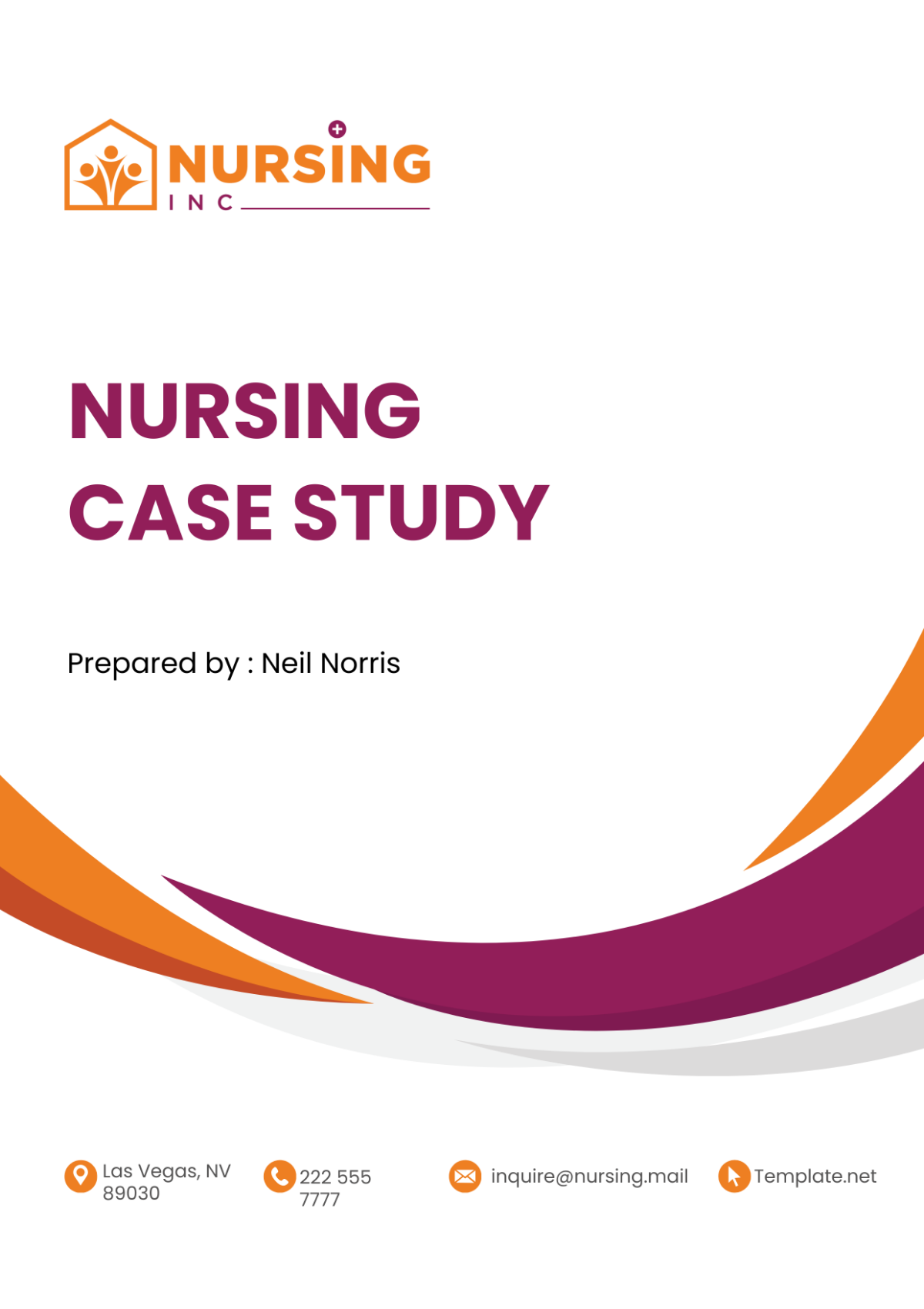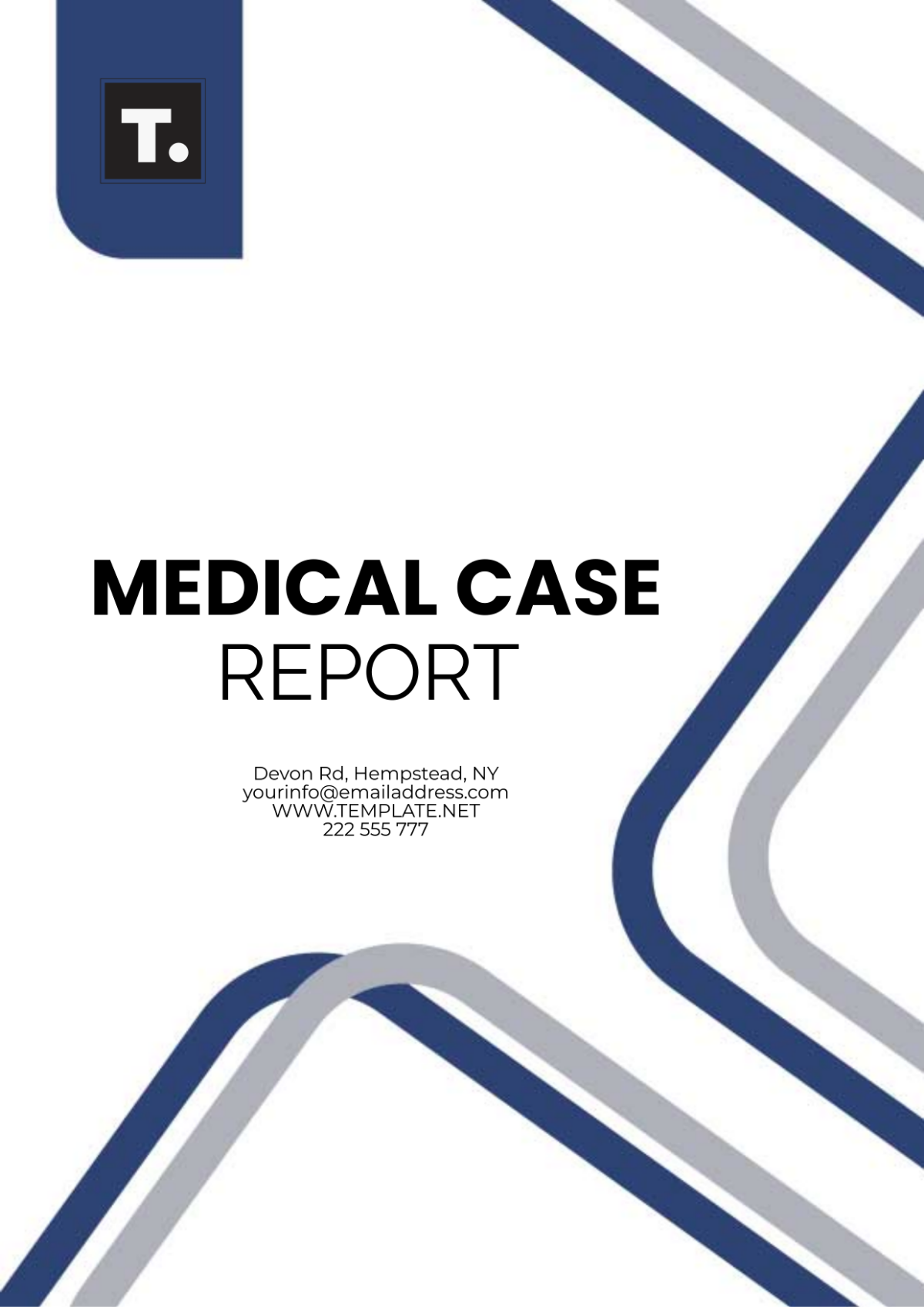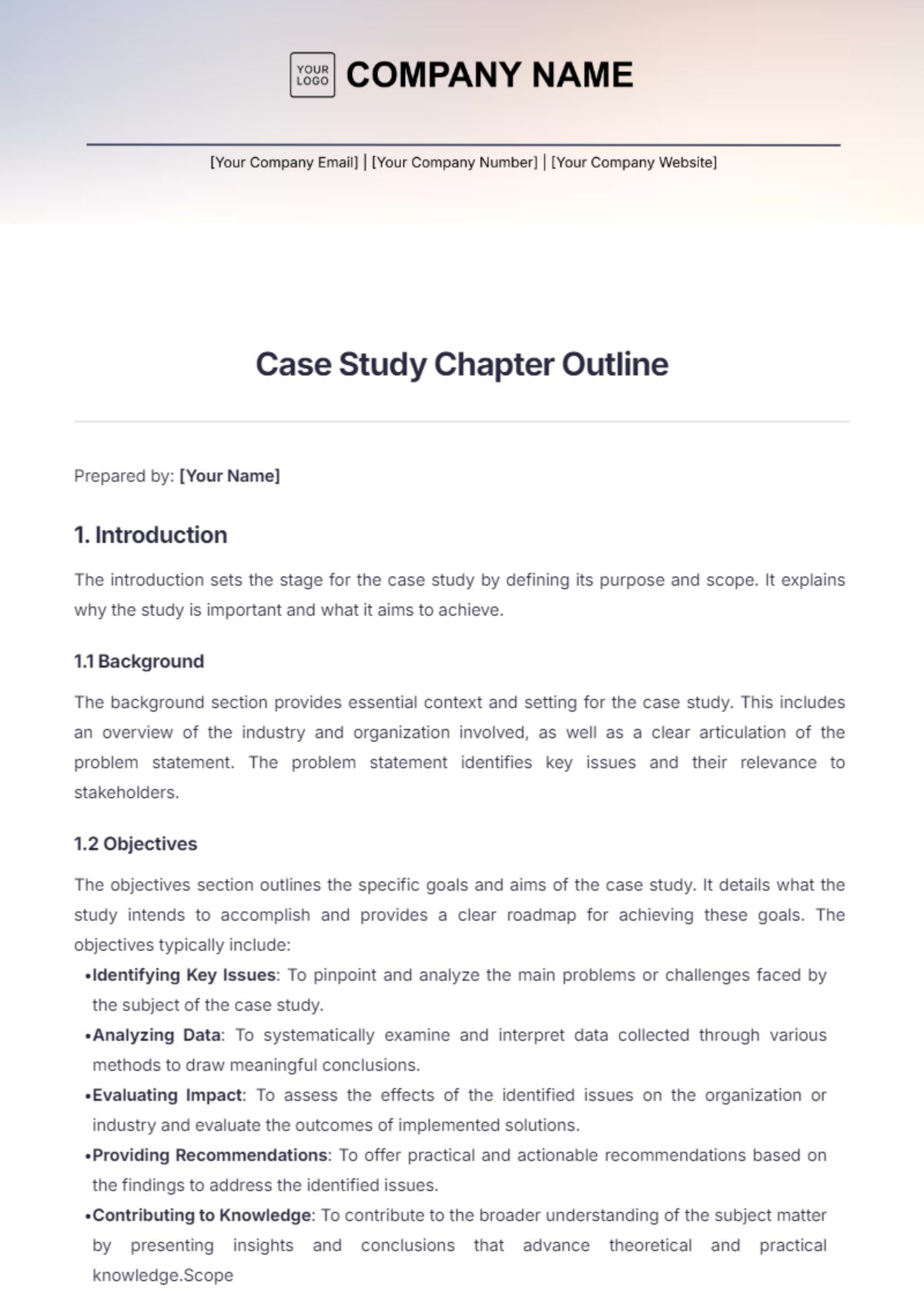CASE STUDY
Authored by: [YOUR NAME]
Introduction
Post-Traumatic Stress Disorder (PTSD) is a severe anxiety disorder that can develop after exposure to any event resulting in psychological trauma. This case study explores an individual's journey through PTSD, her trauma recovery, and the interventions that played a pivotal role in her healing process.
Case Background
The subject of our case study is Jane Doe, a female military veteran who experienced traumatic events during her tours in Afghanistan in 2053-2054. After returning, she exhibited symptoms consistent with PTSD, including flashbacks, nightmares, and severe anxiety.
Treatment and Intervention
Upon her diagnosis in 2055, Jane began both psychotherapy and pharmacotherapy. Cognitive Behavioral Therapy (CBT) formed the mainstay of her psychotherapy. As for medication, Jane was administered Selective serotonin reuptake inhibitors (SSRIs), commonly used in treating PTSD.
Recovery Path
Through consistent treatment and self-determination, Jane experienced a significant reduction in her symptoms over five years. Empirical evidence, such as her improvement on the Posttraumatic Stress Disorder Checklist (PCL-5), supports her progress.
Discussion
Several key elements of Jane's recovery provide insights into the process of overcoming PTSD. First, early diagnosis and consistent treatment were crucial elements in Jane's recovery. Second, Jane's determination and personal commitment played a significant role in her healing process. Moreover, her command of strategies for coping with trauma-related symptoms was key in her long-term recovery.
Conclusion
While there is no 'one-size-fits-all' approach to dealing with PTSD, Jane's case offers promising insights into potential treatments and coping mechanisms for those dealing with trauma-related mental health issues. Her triumphant journey serves as an encouragement to those on their path to recovery.
References
1. American Psychiatric Association. (2050). Diagnostic and statistical manual of mental disorders (6th ed.). ISBN: 978-0-89042-555-8.
2. Bremner, J. D. (2051). Posttraumatic Stress Disorder: From Neurobiology to Treatment. Wiley-Blackwell. ISBN: 978-1-119-07246-7.
3. National Institute of Mental Health (2052). Post-Traumatic Stress Disorder. Retrieved from https://www.nimh.nih.gov/health/topics/post-traumatic-stress-disorder-ptsd/
4. Harvard Health Publishing (2053). Coping with post-traumatic stress disorder (PTSD). Retrieved from https://www.health.harvard.edu/mind-and-mood/coping-with-post-traumatic-stress-disorder

















































